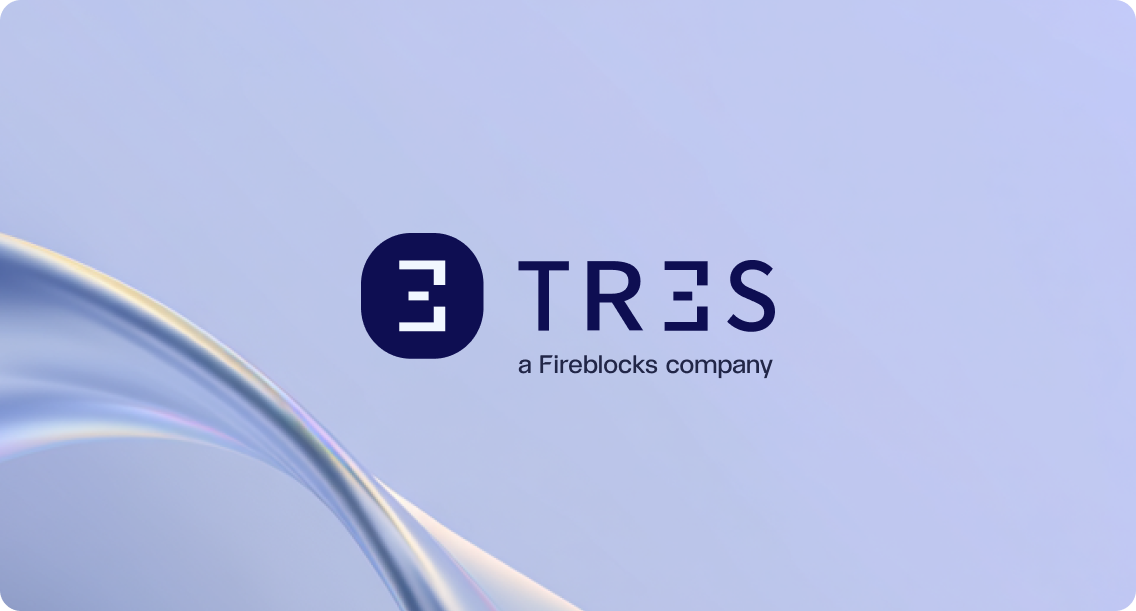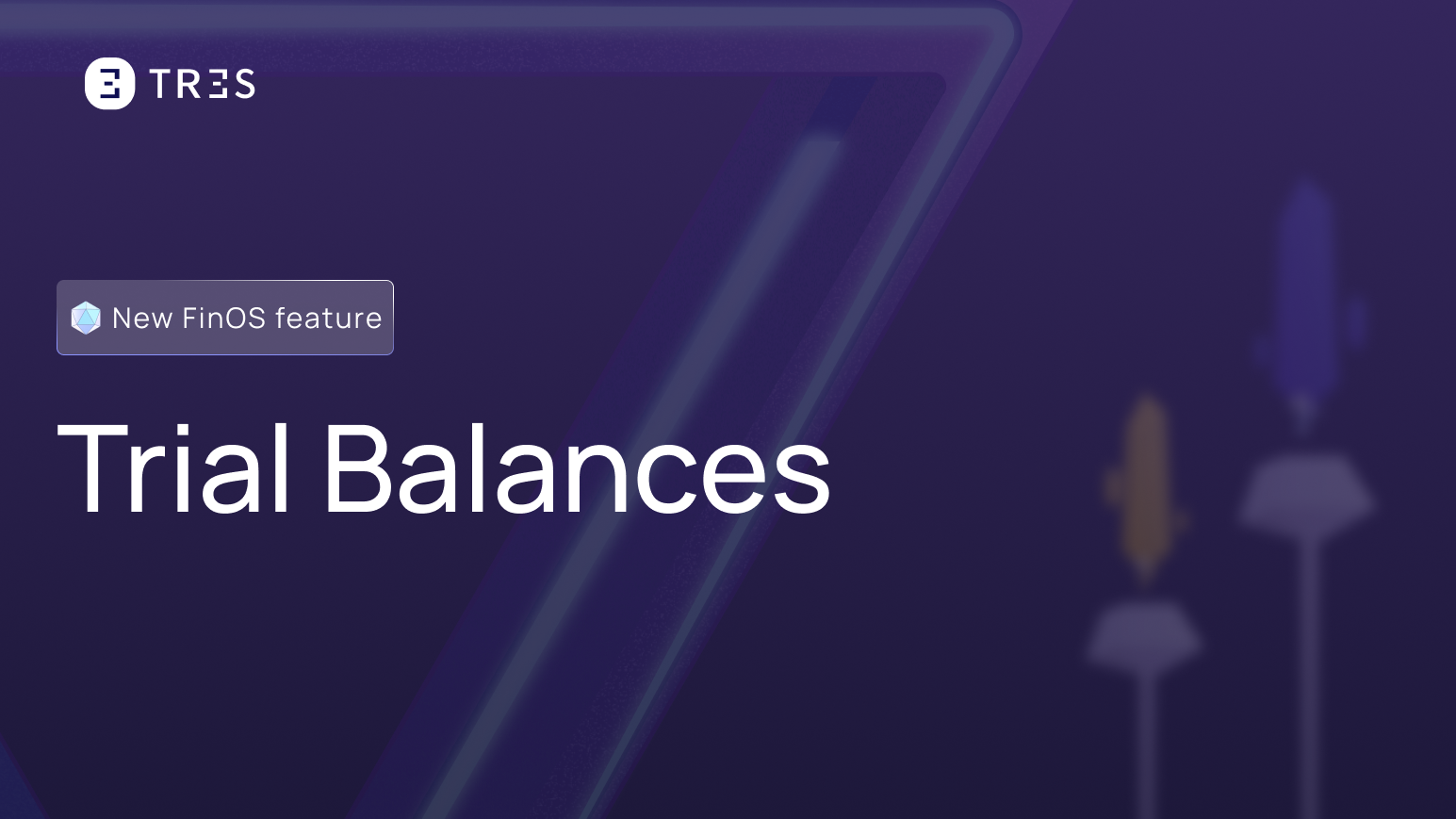Supported features
Balances
Supported
Transactions
Supported
DeFi Positions
Supported
FinOS
Supported

